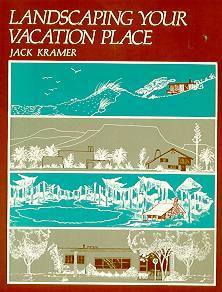
Much of the text is autobiographical, recounting Morrisroe's visits with therapists, psychics, hypnotists, mattress salespeople and others in her laborious pursuit of a good night's sleep.
"People have been searching for ways to induce what Shakespeare called the 'honey-heavy dew of slumber' for as long as they've been able to harvest medicinal plants," Morrisoe writes in a chapter on the effectiveness, risks and side effects of sleeping pills.
The other 11 chapters describe visits to a sleep lab, a trip to Las Vegas to attend a sleep disorders conference for medical professionals, a long night in Lapland's Icehotel inside the Arctic Circle, and a session with a hypnotherapist.
Insomnia, she discovers, is a poorly understood affliction with vague symptoms and few specialists. It affects a much smaller population than sleep apnea, which has become the focus of most sleep doctors since the invention of the CPAP machine in 1981.
When she tells her own sleep doctor in Manhattan about her plan to write a book about her experiences, he tells her it is a terrible idea.
"He wonders if the only reason I went to a sleep clinic was to gather information for my book. I explain that I went to his sleep clinic because I wanted to sleep, not because I wanted to write about sleep. The book came later. Things get tense. I don't blame the doctor for being upset. He has a reputation to protect and doesn't want me to dissuade people from going to a sleep clinic. I explain that I'm only writing about my experience. and each person is different, but the doctor suggests I might be really different."
After all her travels, Morrisroe's personal quest is finally resolved with Chinese breathing exercises and meditation at the 92nd Street Y just around the corner from her apartment in New York City.
Book Stall
Review: Wide Awake
Out There
Science Writing
Submit a Book for Review



